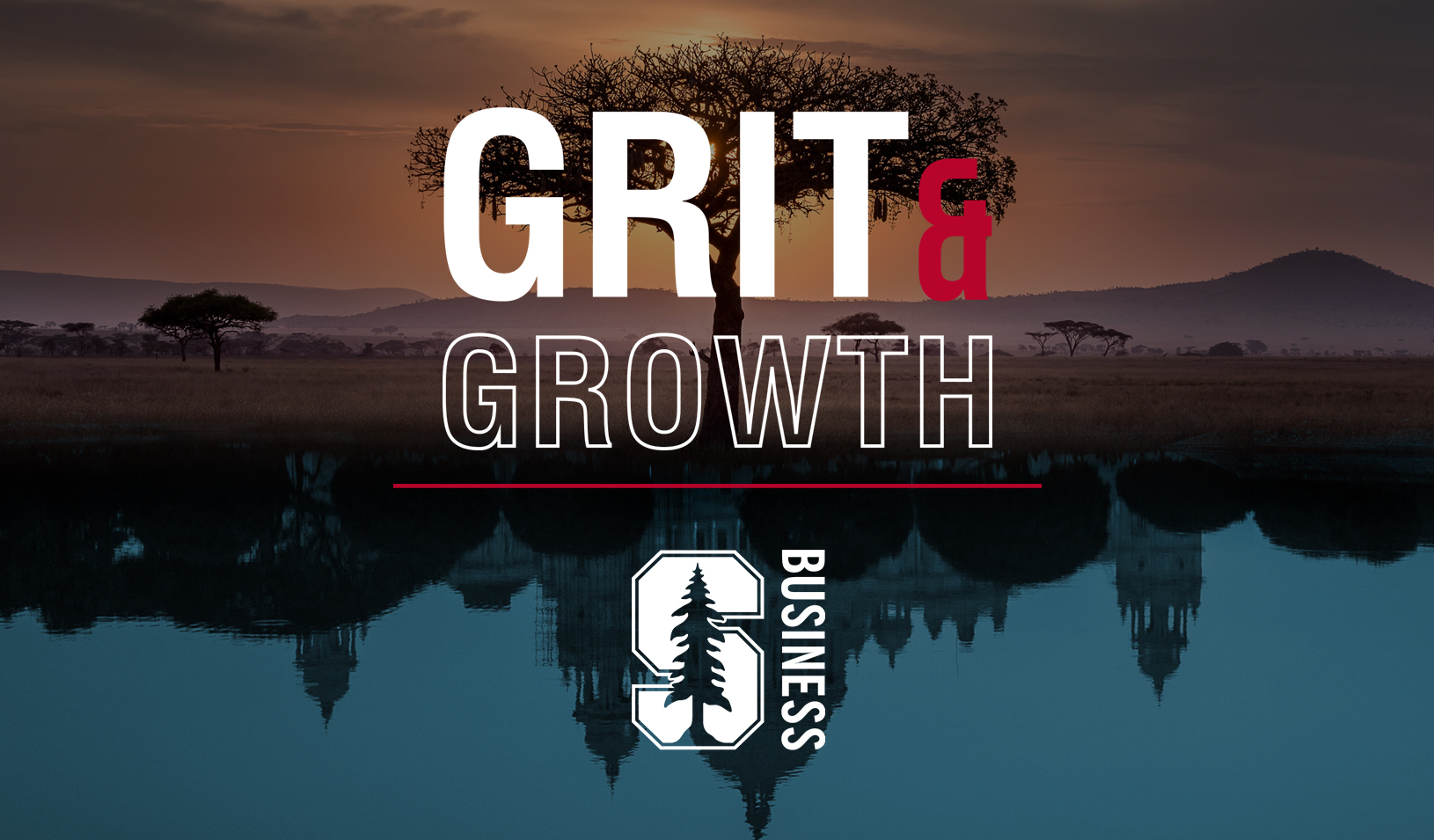October 02, 2012
| by Erika Brown Ekiel
Bruce Nevins is a serial entrepreneur across multiple industries, including beverages, lighting, and athletic apparel. A graduate of West Point and Stanford GSB, he launched Perrier in North America in the 1970s and expanded into domestic water through the acquisitions of Calistoga, Poland Springs, and Arrowhead. He also ran Pony Sporting Goods, a competitor to Nike; Napa Naturals, a fruit-based soft drink maker; and, in 2001, cofounded Dutcher Crossing, a winery. He is currently helping build Green Ray, an LED lighting company, and Agile Life, a patient transfer system that safely transfers injured and other bedridden people from their beds to their wheelchairs.
In 10 words or fewer, what is the big idea behind your business?
Creating or expanding a product category in the consumer field.
What is the best advice you’ve ever received?
Make sure your projections are real and you have enough capital. It is easy to over-project and then run out of money. The odds are against you in business. When you launch you need to make sure your assumptions are realistic and your risks are properly assessed. I have heard that advice from time to time and experienced it often. If you aren’t prepared you end up spending too much time chasing capital rather than building a business.
What was the most difficult lesson you have learned on the job?
From an early age, I did everything from mowing lawns and caddying to newspaper delivery and door-to-door sales. However, the most difficult lesson I learned as a businessman was how hard it can be to raise capital, even with the best of products. With Napa Naturals, we had the Adams family from Phillips Petroleum behind us in the initial stages. Everything was going great until we ran into a problem in production. We wanted to produce 100%-juice soft drinks, but the juice fermented and the cans started bulging. We had to recall product, reformulate, and eventually recapitalize. Schweppes was on the verge of purchasing us since they also wanted our marketing, sales, and distribution expertise, but at the last minute they decided not to acquire us. My partner and I had to scramble to find additional capital and eventually we had to shut it down.
What advice would you give other entrepreneurs on how to build a great business?
The first thing is to really understand your business. Then the timing has to be right. Is there room for your product in the market? Are you creating a category? What’s your unique point of differentiation? What’s your unique sales proposition? You have to understand your point of difference and what it takes to get that product to market. Then make sure your assumptions are solid and build a business plan you believe in.
With Dutcher Crossing Winery we created a business plan that was direct-to-consumer rather than the typical three-tier system that takes you from distributor to retailer to consumer. We signed up 2,000 members to our wine club in 2 years. It changes the equation because instead of a 35% margin, your margins can be as high as 65% or 70%. You realize good sales and profits on wine club shipments, which is like a sampler program, then follow up with case sales when customers purchase more of that wine at a discount. I worked with my same partner from Perrier. We sold the winery five years ago to a wealthy family in Wisconsin.
What inspires you — how do you come up with your best ideas?
I have decent instincts for a good product and how to market it. I get inspired by being out in the marketplace and paying attention. If I’m on a trip to Vienna, Austria, for example, and I see a product idea, I’ll think about how it might work in the U.S. I’m sure a lot of people think of those things but perhaps they don’t have the patience to execute on it.
What is your greatest achievement?
I’m looking forward to the Agile Life launch. In terms of what I have already done? Hiring the right people and having good management discipline at Perrier. We built a great team.
What do you consider your biggest failure?
Napa Naturals. We had a great product but we were not able to re-introduce it to market following recall. It was a great lesson that you need to make sure your product is tested and perfect before you go to market.
What values are important to you in business?
People relationships based on integrity and mutual respect.
What impact would you like to have on the world?
With Perrier we created a marketing platform for a bottled water industry that is now $14 billion in sales and still growing. In the future I would like to be able to provide bedridden people with dignity and mobility. At Agile Life we are preparing for beta tests at Walter Reed Army Medical Center and other DOD and VA hospitals. At Green Ray our LED lights replace fluorescent lights, which contain mercury and save energy. I like bringing products to market that have real value and make important contributions.
What was your first paying job?
I was a second lieutenant in the U.S. Army making $220 a month. After the military my first real job was in advertising. I was hired by Benton and Bowles right after business school, and worked at P&G and General Foods. That was my base education for marketing. I did analytics for cereal and toothpaste. It’s where I became a believer in focus groups. The nuggets you pull out of focus groups are sometimes not what you expect going in.
What is the best business book you have read?
International Economic Integration, a book on comparative advantage, by Nobel Laureate Jan Tinbergen. I think if people read this book they would understand a lot more about exporting jobs. I talked with Dick Gephardt the other day. He is a member where I play golf. He was talking about incentives for labor and how United didn’t do its job in terms of motivating and educating its employees. We started talking about exporting jobs. You have inexpensive labor in China or Bangladesh. Why should we have people here trying to compete with those folks when we can provide engineering and other value-added services here, including car assembly?
What businessperson do you most admire?
Lee Iacocca of Chrysler. He rebuilt a consumer business and rallied the troops in tough times. He was an icon.
What is the most valuable thing you took away from your time at Stanford?
Analytical skills, in terms of quantitative and qualitative evaluation. Basic principles that prepare you for general management.
What do you think is the greatest innovation in the past decade?
Apple and Apple and Apple. Look at the products these guys have developed. It’s one after the other. The collaboration, the minds, the time, the passion that goes into developing those products is amazing. Despite all the hoopla, I wouldn’t put Facebook anywhere near that.
For media inquiries, visit the Newsroom.





